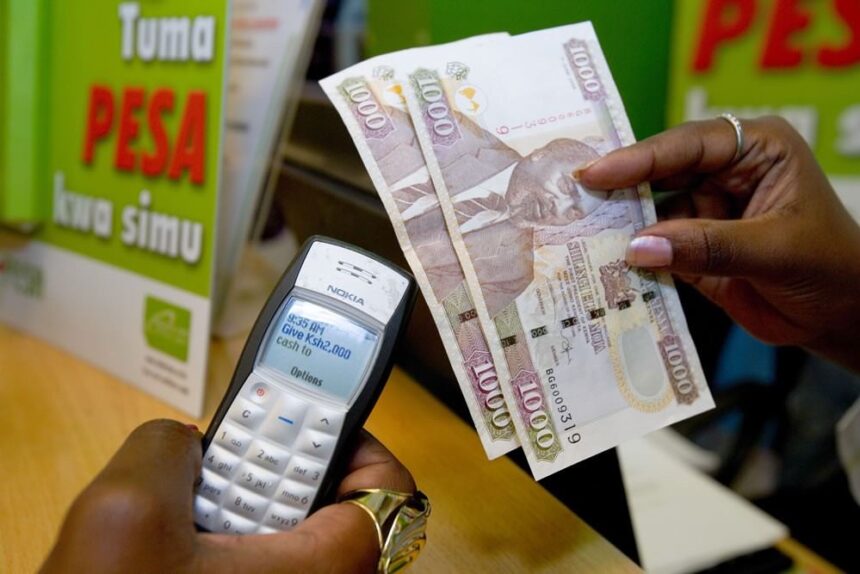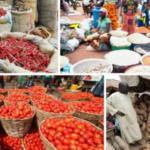The volume of mobile money transactions in Kenya has dropped by 14.5% in the first nine months of this year. This is a sharp contrast to the first nine months of 2023 when the trade volume rose by 12%.
According to the latest data from KNBS, the number of profits in the mobile market also fell by 7% since the beginning of the year.
February recorded the highest mobile money transaction value, Ksh790.8 billion, while September recorded the lowest, Ksh670.52 billion.
The total value of the business from January to September this year was approximately 6.5 trillion Kenyan shillings, compared to 5.8 trillion Kenyan shillings in the same period last year. The increase can be attributed to changes in Airtel’s business policy in August last year – after working with the Central Bank of Kenya (CBK), it increased its limit from Ksh150,000 to Ksh250,000.
- Advertisement -
Telecom is also maintaining the exchange rate for the group, keeping the business’s starting price between Ksh70,001 and Ksh150,000. The aim is to enable businesses to benefit more from mobile money services by making transactions more flexible and cheaper.
Action Money is still a good currency for accounting in Kenya. According to CA data, the number of mobile money users in the country is close to 40 million, translating to a penetration rate of 77.3%. Safaricom’s M-Pesa remains the dominant service with 93.4% of the market.
The importance of Action Money has piqued the interest of lawmakers who want to take the service away from phone service providers. A bill in Parliament to implement the requirement will go to the committee for periodic review. Safaricom is unhappy with the bill and knows how important M-Pesa is to its revenues.
The tax collector also needs a portion of the profits and has described the fees as a way to expand the tax base. KRA has announced its intention to change mobile bill payment and cash register codes for electronic tax registration (ETR) that will catch tax evaders and ensure businesses are not charged the cost of their income.
KRA also called for the phone number to be verified on the iTax system. This is also to track transactions by illegal traders and calculate the tax they are owed. This has sparked anger among Kenyans who believe the authorities’ crackdown on mobile money will push more people to the cash market as a way to protect themselves.










